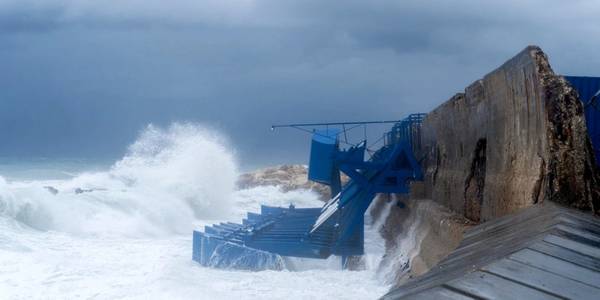
A consortium, led by Toshiba and Aquatera, has been awarded $1.9 million UK government funding to design a pilot microgrid project that will be powered by wave energy on a remote island in Thailand.
Aside from Toshiba Europe and Aquatera, the consortium also includes Eco Wave Power, Hitachi Energy, and teams from the University of Manchester, University of Exeter, Asian Institute of Technology (AIT), and the Queen Mary University of London.
The project will utilize the onshore wave energy converters (WECs) developed by Eco Wave Power and implement advanced technology developed by the corporate partners and the university teams.
As part of the project, which was supported by Innovate UK's Energy Catalyst program, the consortium will work to develop novel and predictive control systems, and a new radar system to forecast wave heights to help avoid hazardous conditions and maximize wave devices’ energy generation.
Also, the project will focus on the development of a fully AI-based load and generation prediction system, and wireless, distributed energy management system to provide electricity without expensive lithium-ion batteries.
The Thai electrical state enterprise, Provincial Electricity Authority (PEA), will act as the microgrid operator on the island and minimize the capital cost of electricity to provide an electricity tariff, as inexpensive as monthly mobile charges, without incurring any asset ownership and maintenance costs for residents, according to project developers.
Aquatera, with its close collaboration with AIT, will be active in seeking further private and public investment for similar pilot projects in Thailand's islands and even neighboring Southeast Asian countries with excellent potential for wave energy pilots.
“This is a second grant from Innovate UK for the development and commercialization of the Eco Wave Power’s technology.
“In our previous early-stage project, we have numerically demonstrated the efficacy of our advanced control technology that can improve the onshore wave energy converter energy output by at least 40%.
“This project will enable us to continue our study in this area to further promote the technology readiness level and significantly enhance the wave energy converters’ potential,” said Guang Li, Professor at the University of Manchester.